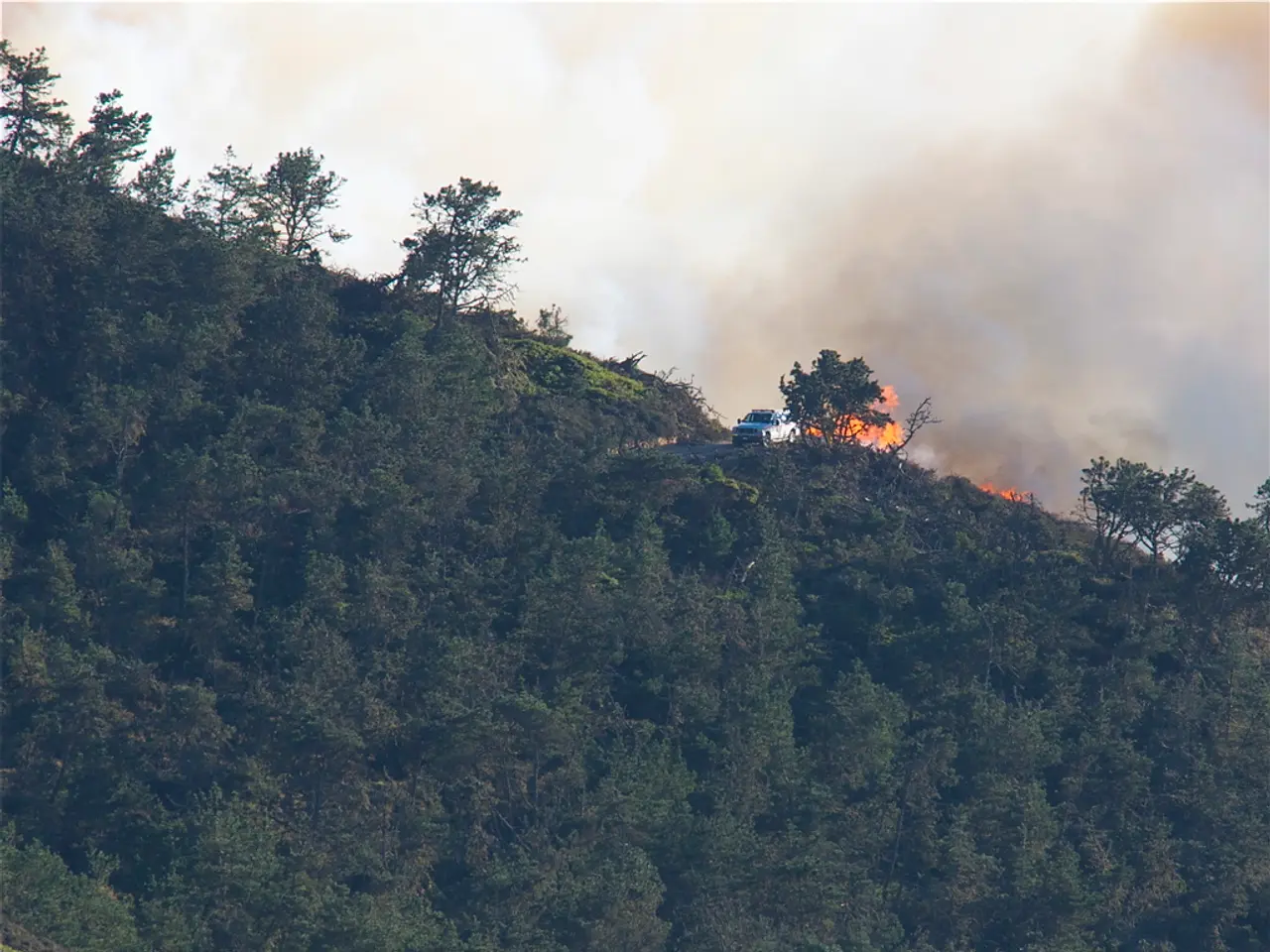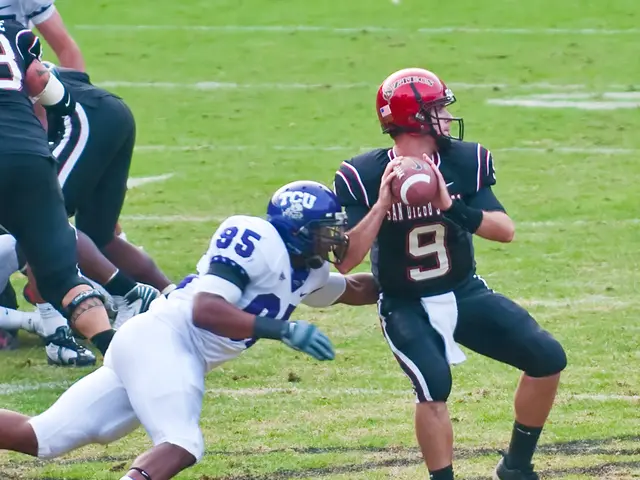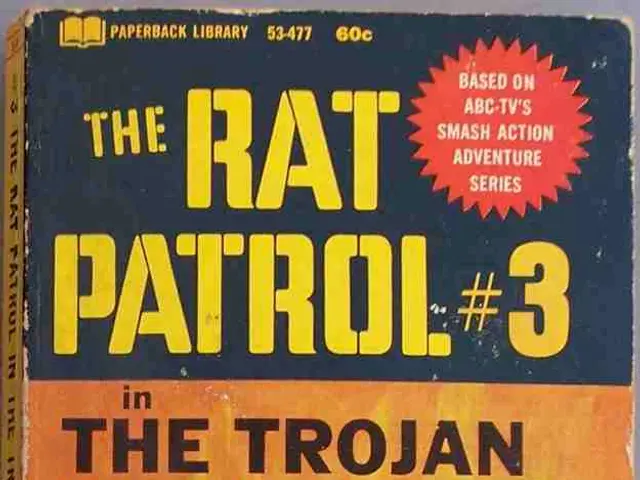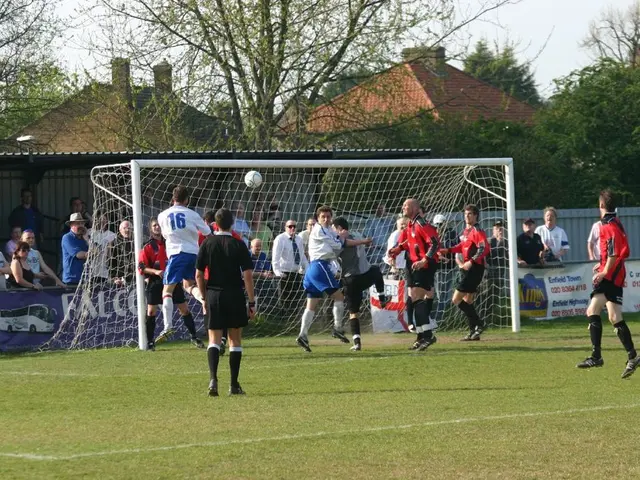Wildfire Aftermath: Potential Strategy of Delay, Denial, and Defense in California
The California Department of Insurance (CDI) has taken a firm stance against the California FAIR Plan, filing a formal enforcement action over alleged smoke-claim practices. The root of the issues, according to the CDI, can be traced back to the structures and systems controlled by carriers, including thin staffing relative to surge, authority segmented high in the organization, and burdensome documentation checklists.
The action comes as policyholders report frequent adjuster changes and multiple adjusters working different portions of claims, leading to a lack of communication and frustration for insureds. Civil lawsuits against the California FAIR Plan are being filed due to breach of contract, bad faith, negligence, and related theories, arising from the Palisades and Eaton wildfires.
The CDI's Order to Show Cause against the California FAIR Plan alleges at least 418 violations, including misrepresentations of coverage and failures to conduct reasonable investigations. This order could result in fines and corrective orders requiring process changes such as testing protocols, communications standards, and authority ladders.
On smoke claims, expect more testing and post-remediation verification paid by carriers when indicated by the facts. Many policyholders have retained consultants who have opined that their homes contain harmful substances like lead, asbestos, or other metals like arsenic, beryllium, and cadmium.
Operational changes are necessary for California carriers. They should realign workflows to front-load investigations, accelerate report-to-decision timelines, and empower field and desk teams with clearer authority ladders. Adjusters are often overburdened with high claim loads and claim departments are reported to be understaffed and delayed with the training of new hires.
Carriers are reluctant to resolve disputes between competing consultants and often side with their own, citing having a consultant opinion on file as sufficient protection from legal liability. This has led to delays in claim resolution. In March, the CDI directed carriers not to summarily deny smoke claims and to order appropriate testing at the carrier's expense when warranted.
The claim process for wildfire damages is bureaucratic and overburdensome, involving multiple adjusters and consultants, which causes delays even under normal settings. The CDI's enforcement actions against the California FAIR Plan are part of a broader trend of judicial rulings, civil lawsuits, and regulatory enforcement pushing the market toward adopting more efficient claims adjustment models.
The combination of judicial rulings, civil lawsuits, and CDI enforcement could lead to mandatory corrective action and public orders that improve transparency and file handling, though change will take time as carriers re-tool workflows. The CDI has also opened a market conduct examination into State Farm's wildfire claims handling, signaling a broader scrutiny of the industry's practices.







